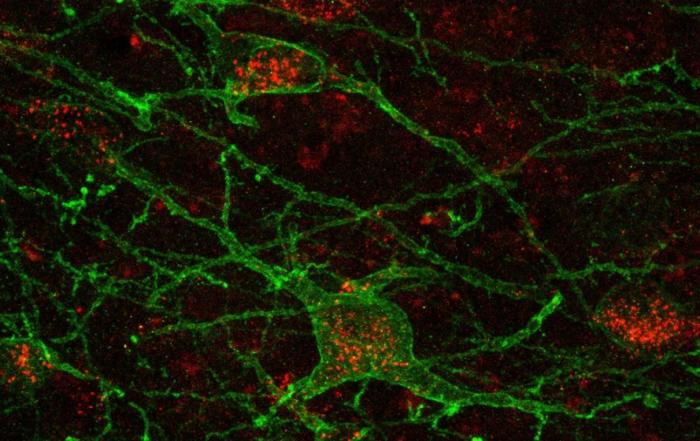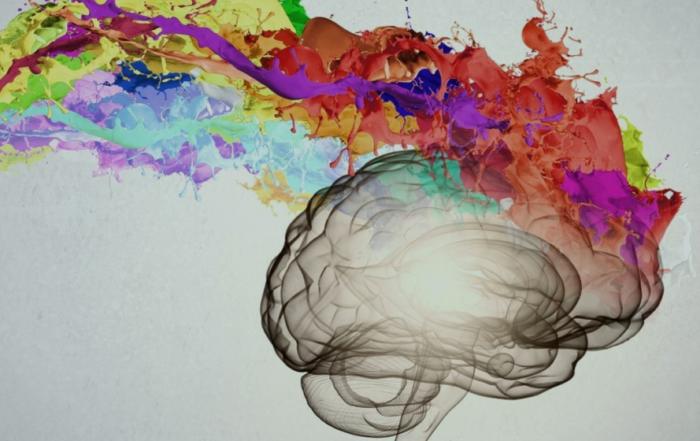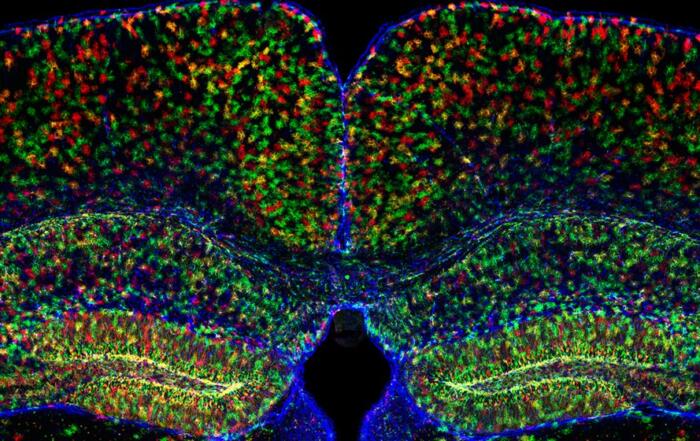Corina Bondi, PhD discusses her research on experimental traumatic brain injury and the resulting cognitive deficits.
Traumatic brain injuries (TBIs) affect 2.8 million individuals in the United States each year. Moreover, 500,000 yearly emergency room visits are attributed to childhood-acquired brain trauma, while the elderly also constitute another high-risk population segment due to falls, with patients enduring long-lasting cognitive, physical, or behavioral effects. Impaired attention is central to the cognitive deficits associated with long-term sequelae for many TBI survivors. Considering that cognitive deficits are often assessed using multi-domain neuropsychological cognitive battery tests, Dr. Bondi’s group employed, for the first time, multimodal approaches to determine higher-order attentional capabilities after experimental TBI in rats. Their studies aimed to investigate complex cognitive deficits in adolescent and adult male and female rats subjected to frontal or parietal lobe injuries. Higher-order attentional testing will advance the understanding of long-term cognitive impairments in survivors of brain trauma and may provide reliable avenues towards developing more suitable therapeutic approaches.
Key Topics Include:
- Cognitive functioning can be assessed via multiple test modalities in rodents, similar to the clinical setting.
- Multiple domains of complex, higher-order cognitive functioning (sustained attention, behavioral flexibility, goal-directed behavior) are mediated by the frontal lobe in rodents in a similar fashion to the human brain, with long-lasting alterations after brain trauma occurring regardless of sex.
- Differences between multiple classes of pharmacotherapies employed to restore neurobehavioral and cognitive performance after traumatic brain injury, such as antidepressants and cholinergic drugs.
Resources
To retrieve a PDF copy of the presentation, click on the link below the slide player. From this page, click on the “Download” link to retrieve the file.
Presenters
Assistant Professor
Physical Medicine and Rehabilitation and Neurobiology
University of Pittsburgh















